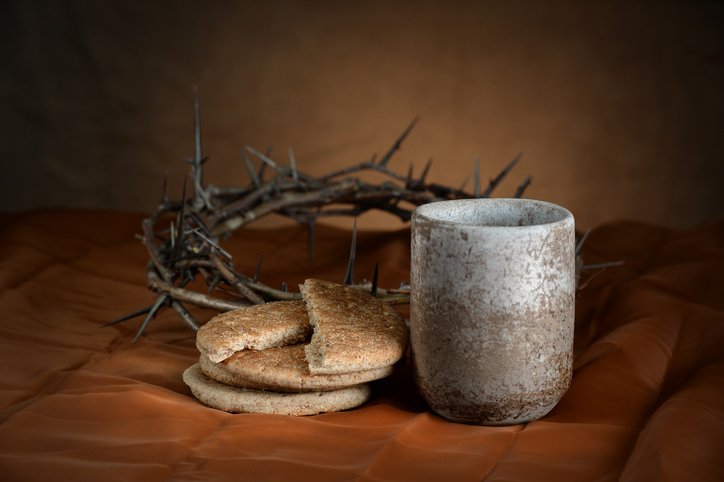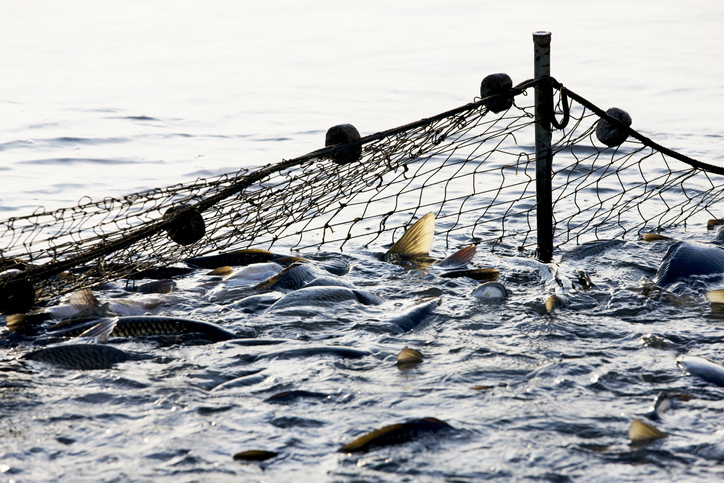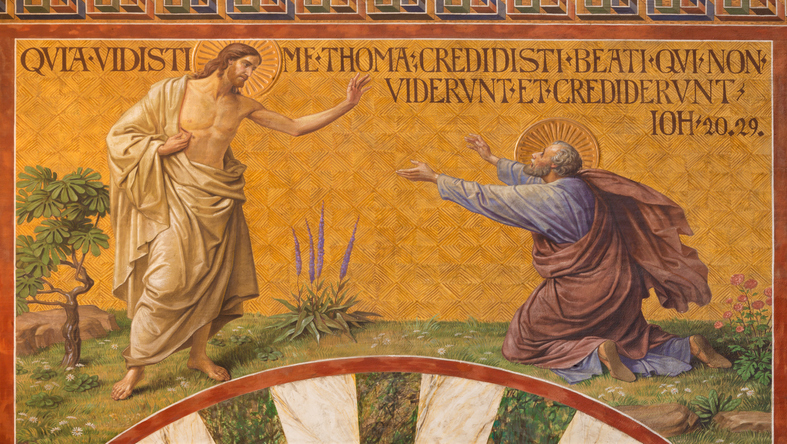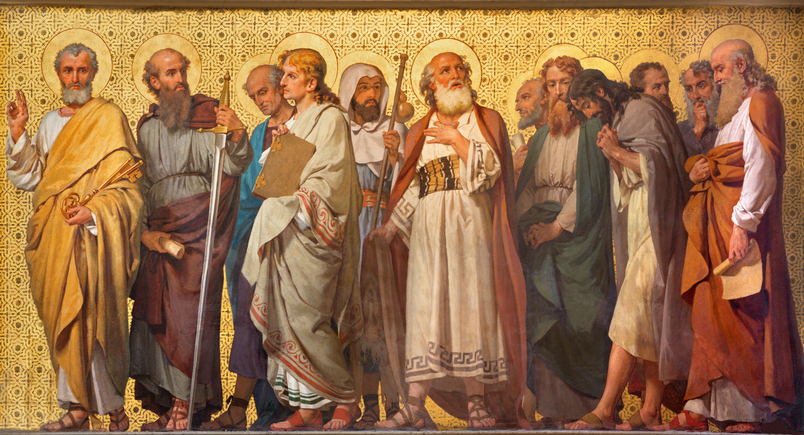In today’s gospel reading, Jesus continues his bread of life discourse where he tells his followers that without the bread of life he speaks of, we have no life. Jesus promises that those who take the bread will never be hungry, and those who believe in him will never thirst.
So often we make promises that we can’t keep. As a kid, I promised my mom that I would make my bed every morning, but as an adult, I’m shocked if my bed is made more than twice a week. But we can look at the promises of Christ and understand that when he makes a promise, he always keeps it.
But wait. If Jesus promises I’ll never go hungry again, why does my stomach growl and mouth water every time I drive past a Chipotle?
Jesus, of course, is not talking about literal, bodily hunger. He is talking about hunger and thirst for a full life in him. He is talking about the Eucharist, which is food for our journey.
When the Israelites wandered the desert during the Exodus, they complained to God and longed to go back to Egypt where they were enslaved and in chains. But God delivered Manna, bread from heaven, for them to eat every day until they stepped foot in the promised land.
This bread nourished them and gave them life. It fed the mouths of hungry children and gave them sustenance for the journey.
Similarly, the Eucharist gives us life. Christ literally fills us with himself, giving us nutrients, energy, and strength until we are ready to enter the promised land of Heaven. The Eucharist allows us to be strong in our resilience against a culture of death that wishes to enslave us. Without it, our faith in him dies.
It’s why we consume it during every mass. It’s why we should attend mass every Sunday.
So next time you prepare to receive Christ in the form of the Eucharist, be intentional about your “Amen” as you accept him into your body. Think of the Israelites as they woke up each morning to find new manna ready to feed them and thank the Lord for your escape from captivity and eventual reward in heaven.

Hannah Crites is a native to Denver Colorado and graduate of the Franciscan University of Steubenville. She has written for numerous publications and blogs including the Chastity Project, Washington Times, Faith & Culture: The Journal of the Augustine Institute, and Franciscan Magazine. She is currently working in content and digital marketing for a small web development and digital marketing agency. Connect with her through Twitter (@hannah_crites) and Facebook. Check out more of what she has written at https://hannhcrites.com/.

















